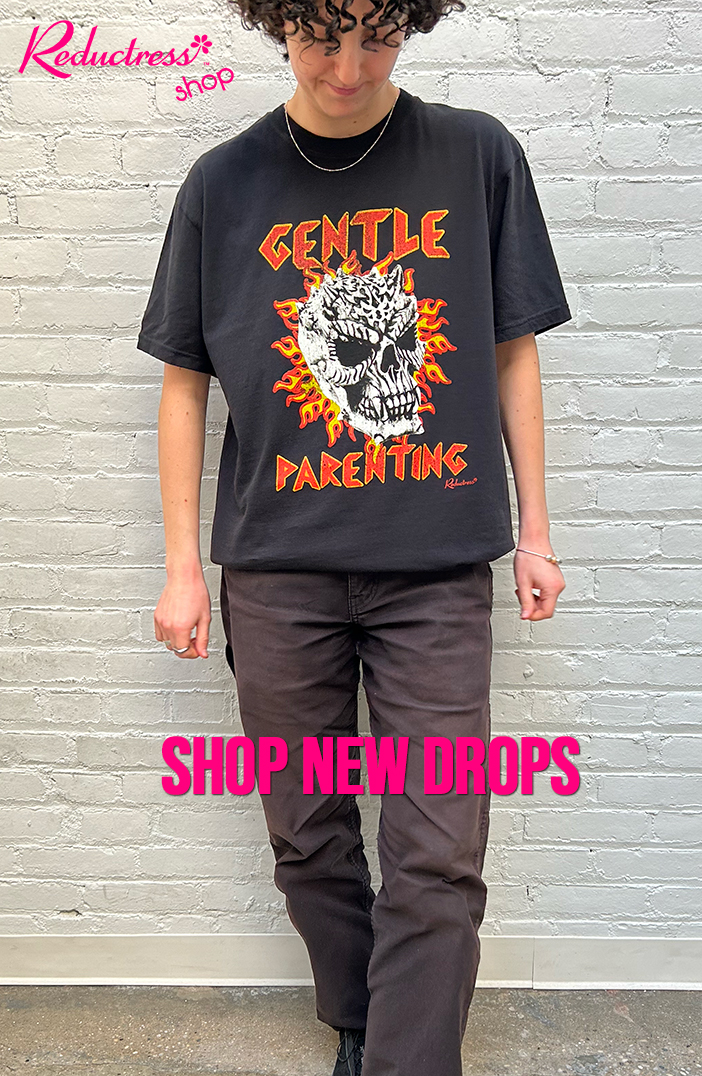“Whitewashing,” the erasure of a character or historical figure’s ethnic identity in favor of a normative whiteness or the casting of a “bankable” Caucasian actor, is a shameful and destructive entertainment industry practice that can be very tricky to talk about, especially if you yourself are a white person who was originally written as a woman of color. Look, it’s not your fault the producers wanted someone with “middle America” appeal, but it’s still best to keep your original description under wraps as much as possible when whitewashing gets brought up in conversation. Follow these guidelines to draw attention to a much-needed discussion without letting them know you were originally written as a woman of color:
Know The Talking Points
Christian Bale as Moses? Bad! Scarlett Johannsen as Major? Bad! Emma Stone as part-Asian. NO. BAD. It’s important to take a hard line against whitewashing in all its forms, so that people don’t suspect that you yourself, as a person, are a product of it. If anyone ever starts to doubt your anti-whitewashing bona fides, whip out Argo as an example of a film that, while it has artistic merit, should never have asked us to believe that Ben Affleck was a guy with the last name “Mendez.” People love shitting on Ben Affleck! Don’t ever let them know your secret.
Never Mention the Book You are Based on
While talking about film adaptations, never mention that you are actually based on a little-known but critically acclaimed graphic novel. Inviting inquiry into your source material will lead people to very quickly finding out that in the books you’re Black and disabled, instead of white, blonde, able-bodied, and also super hot. You still sorta retain the essence of the story, you know? Just not really. But you should never try to explain that to anyone because they must never ever know about it. It is shameful.
Avoid Your Backstory
You must avoid revealing your source material at all costs, but it’s equally important to avoid talking about your backstory. If people hear that your mom is supposedly a housekeeper and your dad was in the landscaping business, well, they might start squinting at you and wondering if you were originally supposed to be a Latinx instead of a green-eyed, blonde-haired Episcopalian such as yourself. While you’re preaching the perils of whitewashing, also be careful not to mention the poverty of your childhood, and absolutely do not mention “the ghetto,” “the ‘hood,” or “the streets.” Things that were proudly part of your identity in the way that it was written, are no longer yours to claim, since you are not the you that was intended to be. Understand?
Don’t Perpetuate the Cycle
People who hear you talking about whitewashing will feel betrayed if they find out the truth about you, but they will feel even more betrayed if they find out you created another white human based on the story of a POC. So don’t do it. Really.
It’s hard, but with practice and tact, you can keep your secret safe. Just try not to think of how much it would have meant to the WOC who almost had your identity.





